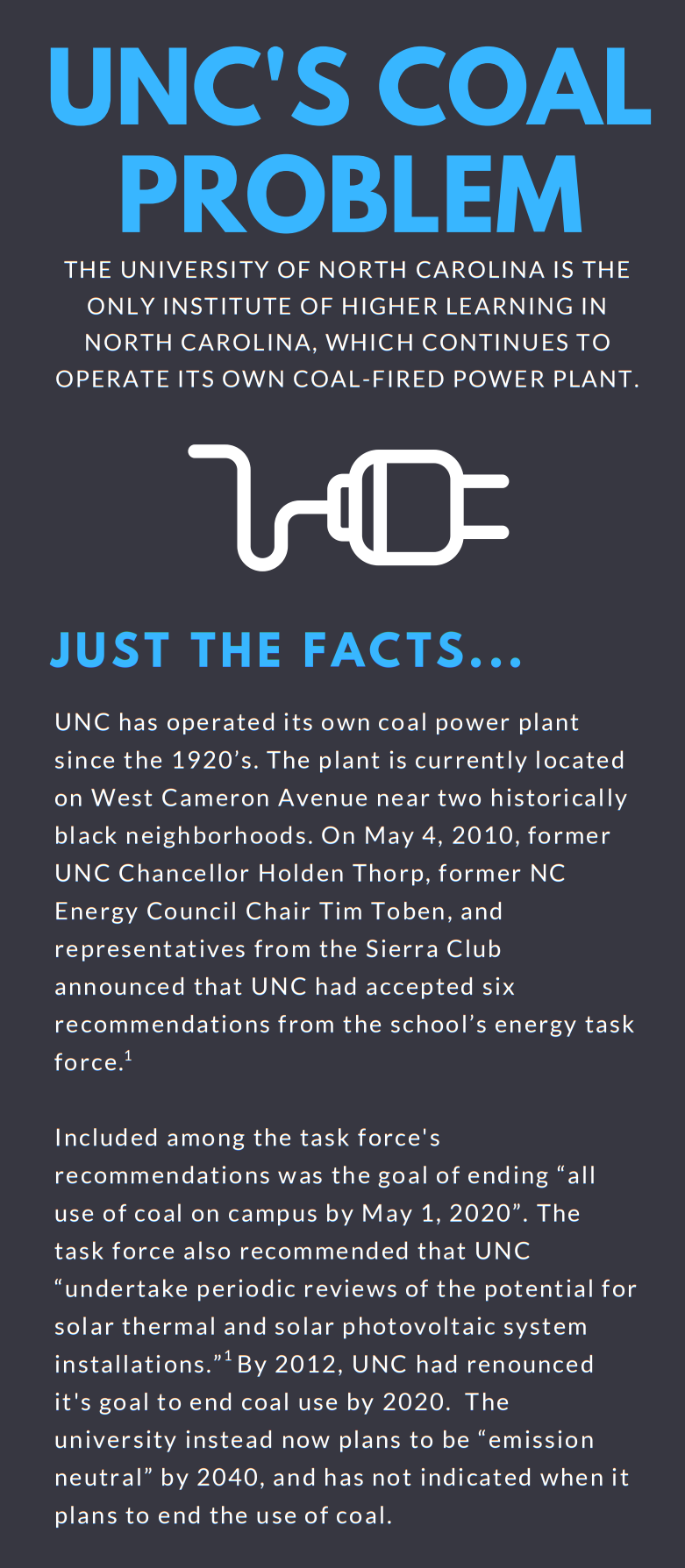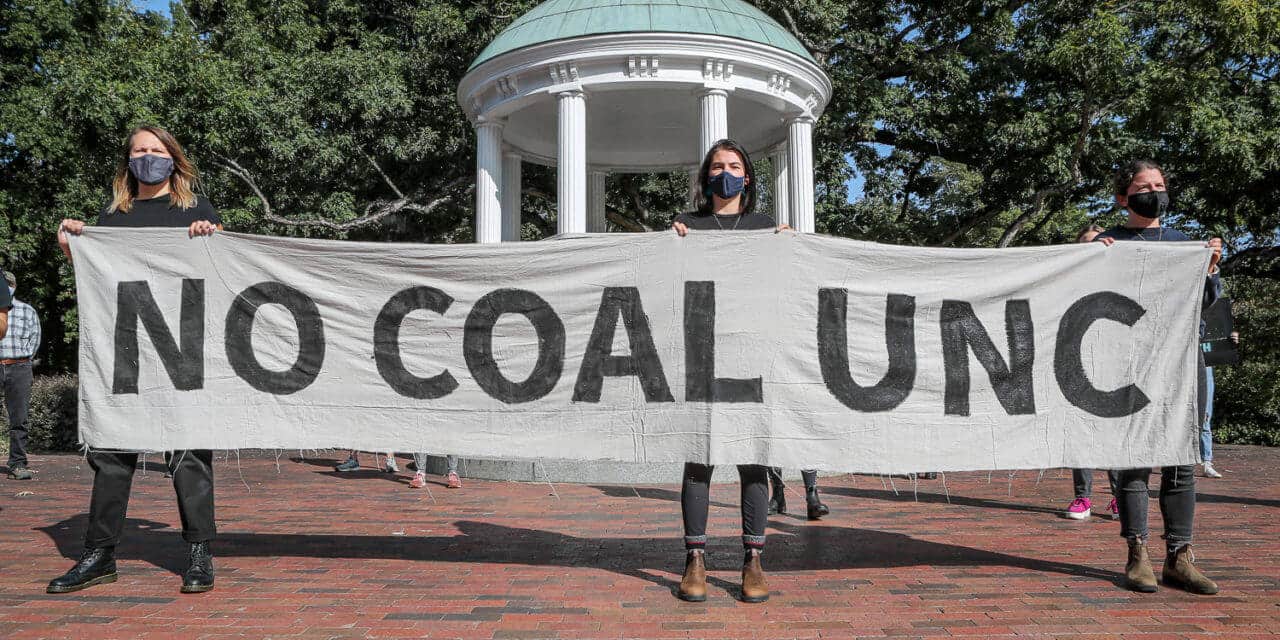Notes
The T. Gilbert Pearson Audubon Society in Guilford County, NC sponsored the Deep River Project for over four years in an effort to promote awareness, conservation, education and recreational access in the river corridor and basin.
That project wound down in late fall last year, and this past spring a new group called Friends of the Deep River (FODR) was formed as a BREDL chapter. This group is continuing with many of the Project’s activities, working cooperatively with the Watershed Alliance of the NC Conservation Network (sponsor of Clean Water Lobby Day), River Network, Haw River Assembly and other nearby river groups. In recent months we have been monitoring the early stages of construction of a major sewer line in and near High Point, garnering some publicity as we delayed the removal of a tree with an active redtail hawk nest containing two chicks not yet fledged. We really appreciate the help and advice we got from several Audubon sources (Lynn Moseley and Andy Wood among others) and from David Rabon of the US Fish and Wildlife Service in Raleigh. Even more recently we have been observing along the wide swath of forest being cleared to build the pipeline, and are trying to get the city and its contractors to bring stream crossings up to minimum standards in order to prevent unnecessary erosion and sedimentation, said to be the major problem of streams in NC today.
In a combined educational effort, I represented FODR and went to the Archdale Library with Alice McCall of Pearson Audubon and gave a short program for children in which we made Secchi disks and used them to estimate the turbidity (cloudiness, mostly from sediment in this case) in nearby and aptly named Muddy Creek. Things were pretty hectic for a while, but the kids and their parents seemed to appreciate it and had lots of good comments that showed they’ve been studying related topics in school. If you’d like to try this at home, get a paint can lid, divide it into quadrants and paint them alternately black and white, and lower it into the water on different days. Make notes as to water conditions, how long since the last storm, etc. and measure how deep it goes before it seems to disappear–that’s a pretty good inverse measure of turbidity.
Planning and Execution
A river access point conceived under the Deep River Project was recently completed and paid for out of the remaining Project funds in an Audubon account. Jonathan Lewis, son of member Mike Lewis, built a boat access point on the river bank at Mendenhall Plantation in Jamestown for his Eagle Scout project. I can attest to his good planning and execution because shortly after I saw it for the first time it was totally inundated by the runoff from a heavy rain, but when I went by again nothing had changed. Now paddlers can park in the lot and carry a kayak or canoe a few hundred feet down around the replica Indian village under construction, for an outing on the 2+ miles of river between Main St. and the Oakdale Mills impoundment–don’t get too close to the dam, especially when the mill is operating. This is a scenic little section of river where you can get out of sight (but not earshot) of civilization for a while, and you may see turtles, herons, and kingfishers as you paddle under the old railroad bridge.
About Us
The Deep River in Piedmont NC is part of our area’s past, present, and future. Before our European and African ancestors arrived, it served as a travel corridor and provided food and water for the Native Americans who lived, fished and hunted along it. Later it also became a source of energy for many grist and textile mills, powering not only the machinery but the rapidly expanding agriculture and trade economy that began to flourish in the eighteenth century. Growing towns and cities needed ever-increasing amounts of water, as well as a way to dispose of municipal and industrial waste. Neither we nor our forebears have always been fully aware of the burdens placed on our natural resources, so today we find that the Deep, like many other rivers, is “overworked and underpaid,” its ability to carry out functions essential for the life it supports (including ourselves) seriously compromised.
Therefore, a few concerned citizens joined together in early 2006 to form Friends of the Deep River, a nonprofit, tax-exempt group which is a chapter of the Blue Ridge Environmental Defense League, to protect, restore, and enhance the river that touches us personally.
Our concerns include:
- The illegal use of streams as waste dumps, and the effects of runoff that carries both visible and invisible substances into the river.
- The use of streams as receivers of effluent from wastewater treatment plants--although High Point’s Eastside plant has been upgraded recently, including backup power, parts of the old sewer pipe collection system must continue to serve until replaced in the next year or two.
- The “complaint-driven” enforcement system of the NC Dept. of Environment and Natural Resources (DENR) which means that if standards or Best Management Practices are not followed by those working in or near the water, it is up to us to bring that to DENR’s attention.
- The existence of an old landfill and a nearby chemical waste dump (Seaboard) where monitoring and cleanup programs exist, but public awareness needs to be increased.
- The planning and construction of new roads like the Jamestown Bypass that will adversely affect the river unless we follow the process and offer constructive suggestions as needed.
- The underuse of a great educational and recreational opportunity due to lack of access to the water via trails for walking, pedaling and paddling, and to the poor water conditions that keep this from being a high priority for many residents and visitors.
WE NEED YOUR HELP!
Please complete this form and mail to our P.O. Box. Membership fees and other contributions are tax-deductible as allowed by law.
YES!! I’M A FRIEND OF THE DEEP RIVER TOO!!
O Basic contributing membership – $25 – anything over that will help us do more sooner.
O Supporting membership (nonvoting) – whatever amount you choose. Even if you cannot give money now, we’d still like to hear from you and will have some other ways you can help at no or very low cost.
Name(s) _________________________________
Address _________________________________
Tel. number(s) ____________________________
E-mail ___________________________________
O Add me to the Deep River e-list for a variety of water-related news
O Use for FODR-specific items only
O Urgent or individual notes only
Contact information:
FRIENDS OF THE DEEP RIVER
PO BOX 624
JAMESTOWN, NC 27282
336-337-0811
Tom Duckwall (treasurer)
TomFDuckwall@cs.com




 While many of the nation’s largest utility companies, including Duke Energy, have implemented plans to end their use of coal in the near future, UNC-Chapel Hill currently has not publicly indicated a specific plan to do so. Here’s what you can do to change that:
While many of the nation’s largest utility companies, including Duke Energy, have implemented plans to end their use of coal in the near future, UNC-Chapel Hill currently has not publicly indicated a specific plan to do so. Here’s what you can do to change that: